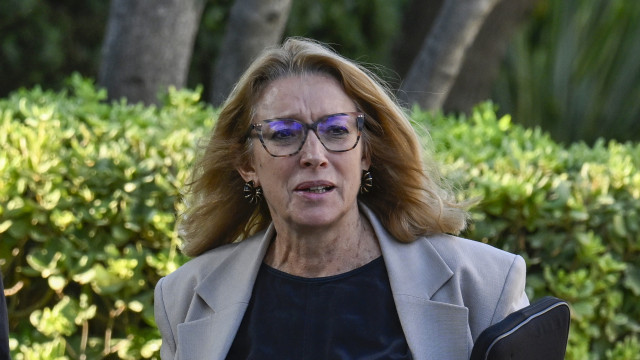A proposal for reforming labor legislation was approved on Thursday in the Council of Ministers and submitted to social partners.
The document outlines the government’s intention to expand “private security services for essential goods or equipment” and food supply in providing “indispensable” minimum services during a strike, alongside “unavoidable social needs.” This is in addition to services like childcare, elderly care, healthcare, and assistance for those with disabilities, which was mentioned by the Labor Minister on Thursday, including facilities like nurseries and nursing homes.
When questioned about whether primary and secondary schools fall under the scope of caring services for children, the elderly, the sick, and the disabled, an official source stated on Thursday that “it is not defined.”
The current Labor Code mandates that in the event of a strike, minimum services must be ensured in companies or establishments essential for meeting pressing social needs, such as postal and telecommunication services; medical, hospital, and pharmaceutical services; public sanitation, including funeral services; energy and mining services, including fuel supplies.
It also includes water supply; firefighting; public services ensuring essential needs that the State is responsible for; transport, including ports, airports, train and bus stations related to passengers, animals, perishable food, and goods crucial to the national economy, covering the respective loading and unloading; and transport and security of monetary values.

The government’s labor legislation reform proposal includes adding “childcare and care for the sick or disabled” to minimum services and extending the duration of employment contracts.
Following the meeting with social partners, the Minister of Labor, Solidarity, and Social Security reiterated that the idea is “to be slightly more demanding regarding the definition of minimum services” without compromising the right to strike, making it compatible only with other fundamental rights, especially the right to health, work, or “freedom of movement.”
This amendment, which was acknowledged by the Prime Minister during the election campaign in early May, has drawn criticism from unions and certain political parties.
The draft for a “profound reform” of labor legislation, which will still be negotiated with social partners in social concertation meetings, aims at “30 key topics” and includes reviewing “over a hundred articles of the Labor Code,” as explained by Minister Rosário Palma Ramalho.




